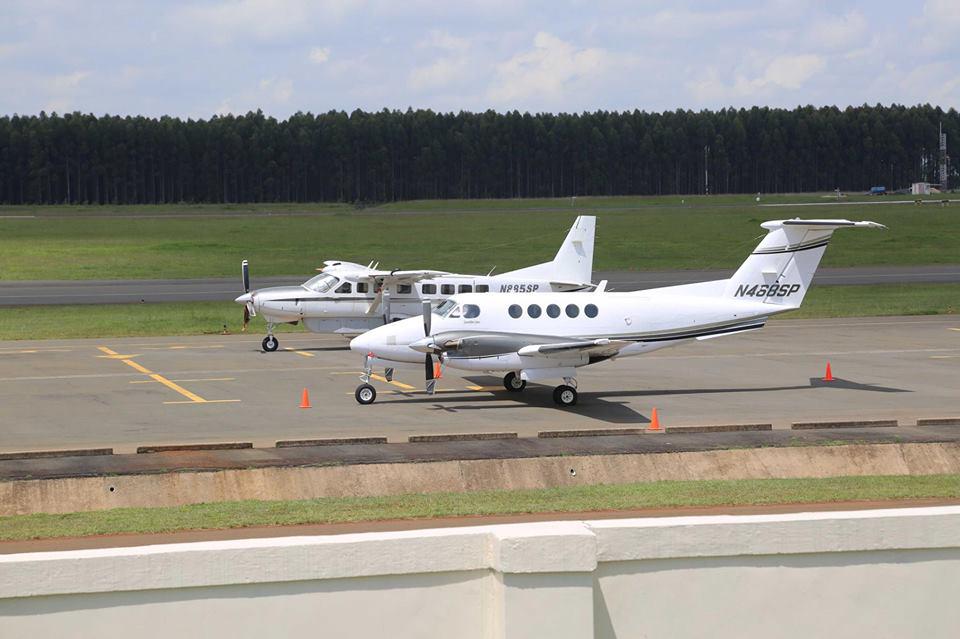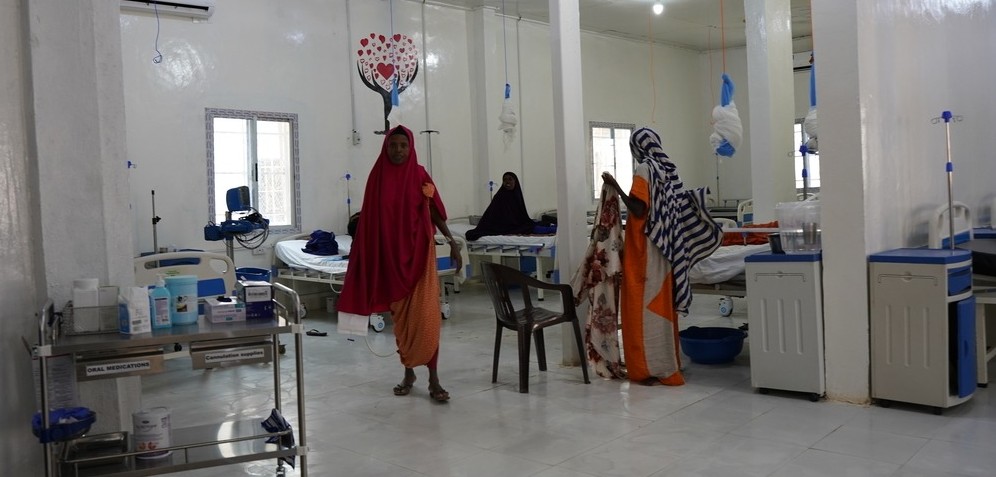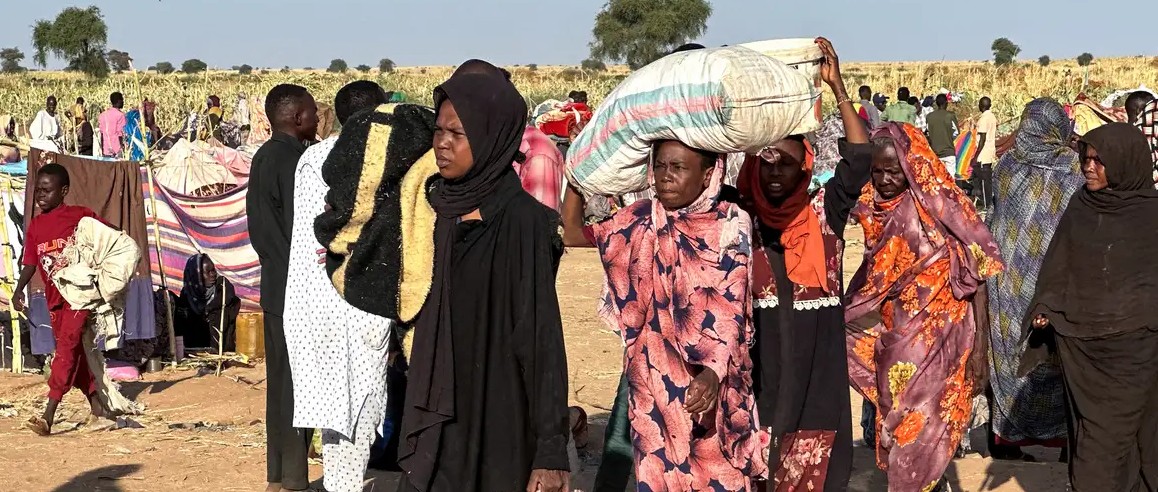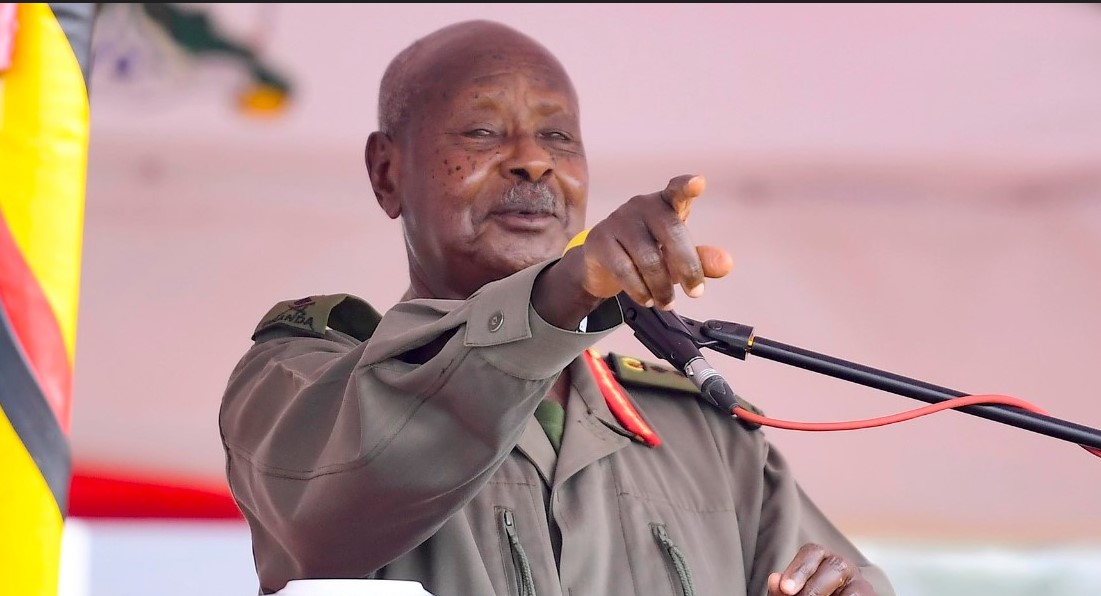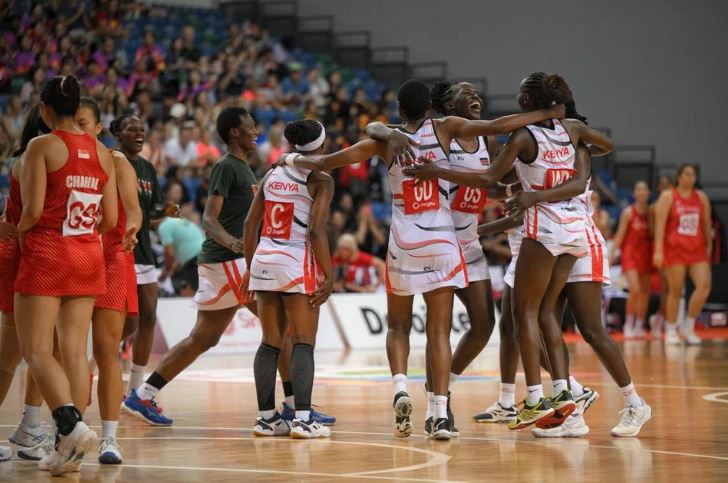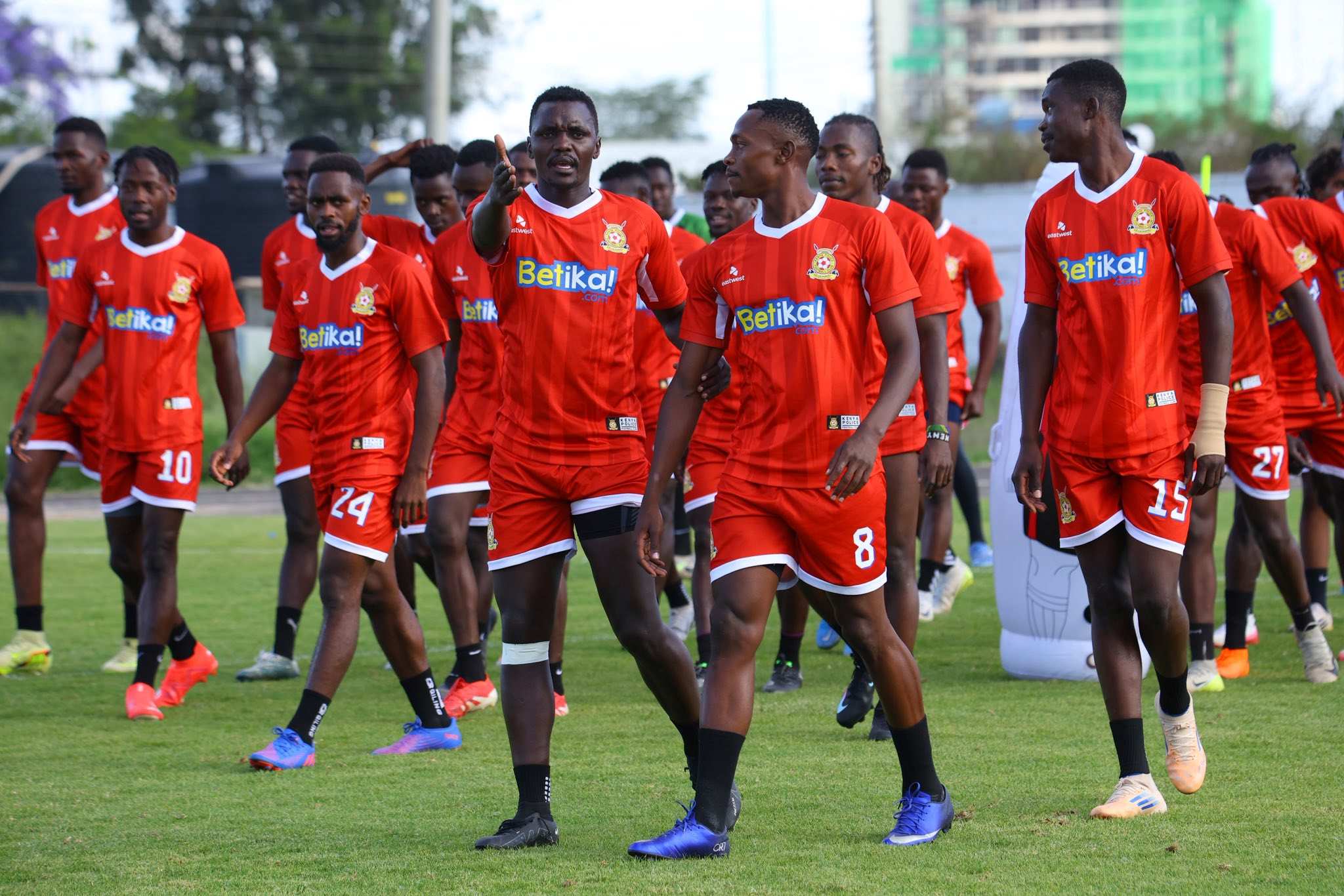Broke EAC impedes operations of regional court, parliament
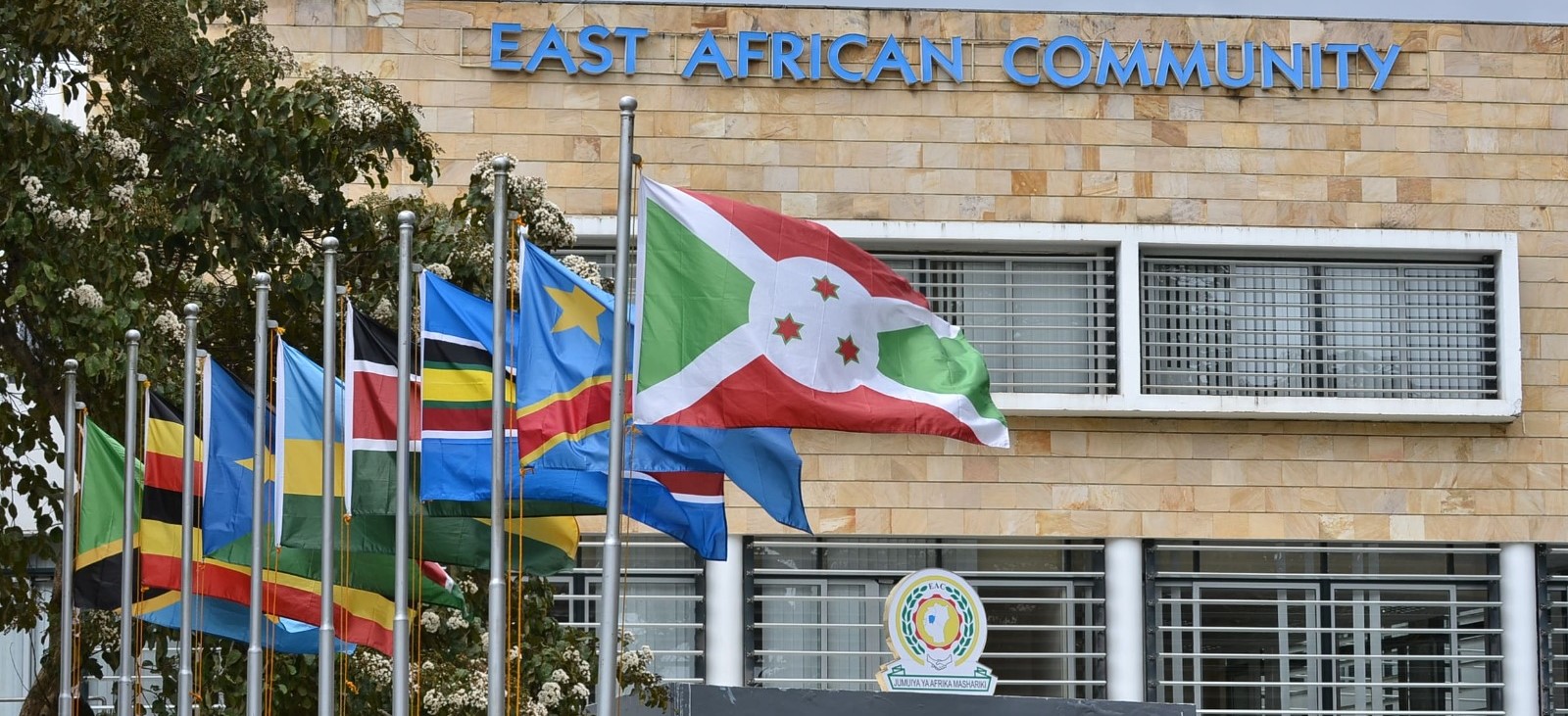
Financial difficulties have hampered the capacity of the East African Court of Justice (EACJ) to perform its principal job of hearing and adjudicating matters promptly.
The East African Community (EAC) is facing persistent disruptions as several member states struggle to meet their financial commitments.
In a statement released last Monday, the East African Court of Justice (EACJ) expressed deep regret over cancelling its scheduled session for June 2024 in the First Instance Division.
More To Read
- EAC’s future at stake as AU flags uneven progress, weak governance
- EAC confirms investment-ready Kenya–Uganda Expressway, enhancing Mombasa port access
- EALA inaugurates regional anti-corruption network to strengthen accountability
- Somalia to introduce Swahili in schools and universities to strengthen East African integration
- Burundi’s absence forces EAC to push back key ministerial session
- DRC’s latest peace deal is breaking down and it isn’t the first – What’s being done wrong
This division typically convenes quarterly but delayed remittances from partner states have led to the inability to conduct the May 2024 session of the Appellate Division as well.
The financial challenges have severely impacted the court's ability to fulfil its primary function of promptly hearing and adjudicating cases.
As a result, there has been a significant increase in the backlog of cases, with over 200 awaiting resolution before the EACJ.
The court urgently appeals to all partner states to recognise the seriousness of the current situation and ensure timely remittance of funds to facilitate smooth functioning and effective justice delivery.
A significant case before the regional court involves Kampala’s lawsuit against Nairobi.
Kenya had initially denied a licence to the neighbouring country’s government-owned oil marketer, preventing it from operating locally and handling fuel imports destined for Kampala.
While diplomatic tensions between the two capitals have since eased, and a licence has been granted to Uganda, the case is yet to be dropped.
A press conference with the Speaker of the East African Legislative Assembly and members of the Regional Parliament's commission, originally scheduled for Friday last week, was abruptly cancelled, highlighting the severity of the situation.
Regional parliamentarians revealed to The Eastleigh Voice that the intended purpose of the presser was to address operational challenges stemming from financial constraints within the regional bloc.
“The Speaker of the East African Legislative Assembly (EALA), RT. HON Jospeh Ntakirutimana, with the members of the EALA commission, invites local, regional, and international media for an important and urgent presser tomorrow,” read a media invite sent out to the media on May 23, 2024.
A source within the secretariat of the regional body’s headquarters in Arusha revealed exclusively to this outlet that member states have failed to fulfil their financial obligations, while resource mobilisation efforts from donors are currently at their lowest point.
“Member states have not remitted their contributions…and resource mobilisation from donors is at its lowest,” said the high-level source.
The Eastleigh Voice has learned that only Kenya and Tanzania have fully remitted their contributions, while the other partner states are in arrears.
Uganda has nearly reached 80 per cent of its contributions for the 2023–2024 financial year.
For the current financial year ending on June 30 this year, South Sudan, which is currently chairing the bloc, the DRC, and Burundi have not made any payments.
According to the source, Rwanda typically pays monthly, but its remittances have been irregular since the start of the financial year.
Each of the eight member countries, except Somalia, the newest member, is required to contribute $7 million each (equivalent to approximately Sh929,180,000) for the current EAC budget. This contribution is made annually.
Each organ and institution of the community independently prepares its budget, which EALA, the regional parliament, then approves.
Funding for the budgeted activities primarily comes from contributions by partner states and donor support.
The EAC has three organs, namely; the Secretariat, the East African Court of Justice (EACJ), the East African Legislative Assembly (EALA), and several other institutions like the East African Kiswahili Commission based in Zanzibar, the Civil Aviation Safety and Security Oversight Agency (CASSOA), the Interuniversity Council, the Lake Victoria Basin Organisation, and the East African Development Bank, among others.
The EAC presented a budget of $103.8 million (Sh13.5 billion) in June last year for the financial year 2023-2024, ending in June 2024.
Of this amount, approximately $51.4 million (Sh6.7 billion) will be contributed by the seven existing member states, with Somalia, the eighth member, not yet included in this contribution.
The remaining $52 million (Sh6.8 billion) will be sourced from development partners.
The regional assembly has long recommended that the council of ministers consider invoking Article 143 or 146 to impose sanctions against partner states that default on payment.
“It’s time we exercise Article 143 of the Treaty of EAC to issue sanctions to states that don’t fulfil this obligation,” a regional parliamentarian from Kenya told The Eastleigh Voice.
Article 143 outlines sanctions for partner states failing to meet their obligations under the EAC treaty, subject to action determined by the summit based on the Council’s recommendation.
Article 146 stipulates the suspension of a member from community activities if financial commitments remain unmet for 18 months.
Top Stories Today
